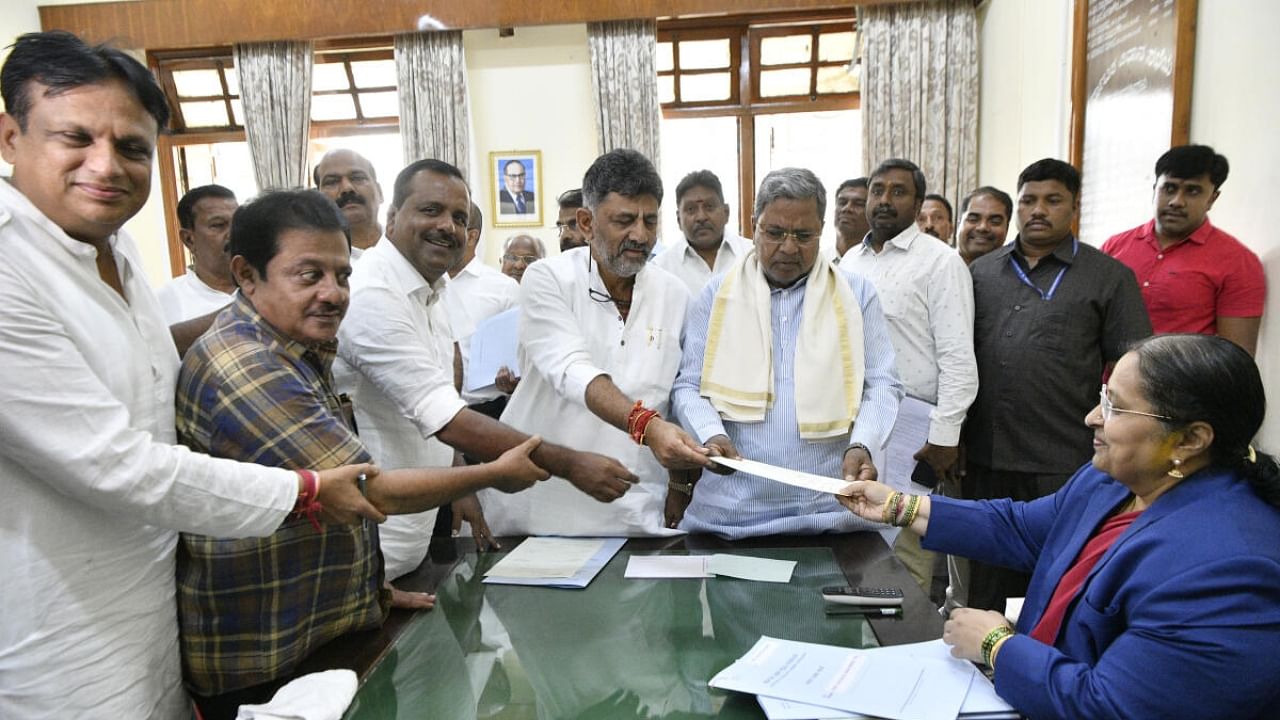
Soft-spoken, amicable and yet, an indomitable voice against communal politics, former minister and Mangaluru MLA U T Khader has held the fort for Congress in the Hindutva hotbed of Coastal Karnataka.
The Congress' move to nominate him for the Legislative Assembly Speaker's post has raised concerns about the leadership vacuum it would create for the party in the coastal region.
For, the Speaker's post is non-partisan and a legislator, once appointed as the Speaker, will not participate in party activities.
The Congress' decision to nominate Khader for the post comes at a time when the party is looking to make inroads into the coastal belt, especially ahead of the 2024 Lok Sabha polls.
Of the 19 Assembly seats across Udupi, Dakshina Kannada and Uttara Kannada --- the three districts categorised as Coastal Karnataka --- the Congress has won six seats this time as a majority of the seats are retained by the BJP. This is a significant increase from 2018 when it had only two seats.
In this, in Dakshina Kannada and Udupi districts where the Hindutva wave is stronger, the Congress has only two seats. One in Mangaluru, represented by Khader and another in Puttur, represented by Ashok Kumar Rai.
While it was expected that Khader would be inducted into the Cabinet, Congress sources said Chamarajpet MLA Zameer Ahmed Khan's induction reduced the prospects for another Muslim leader. The party could not afford to sideline Khader, a five-time MLA from Mangaluru, who successfully took over the constituency after the demise of his father U T Fareed.
At present, Khader is also the lone Muslim legislator from the coastal region.
A senior Congress leader lamented that Khader, not being in the Siddaramaiah Cabinet, was a setback for the party in the coastal region. "Not just on communal politics, Khader speaks up on a wide range of issues. Definitely, the party will be on the backfoot here," the leader said.
Speaking to DH, political analyst Rajaram Tallur said this was not a setback to the legislator or the party.
"The Speaker's post is the second highest position in the state, next to the Governor. Whatever ruling, he gives from his seat, is binding to the House. If some development work needs to be taken up in his constituency, he can give ruling from his seat and the government is obliged to take it up..." he said, adding that a discerning leader would be able to harness the full potential of the post.
